Amanda Montei and Emily Anderson talk about Amanda’s latest book, Two Memoirs: An Auto+Biography and the role of myth in shaping stories and selves.
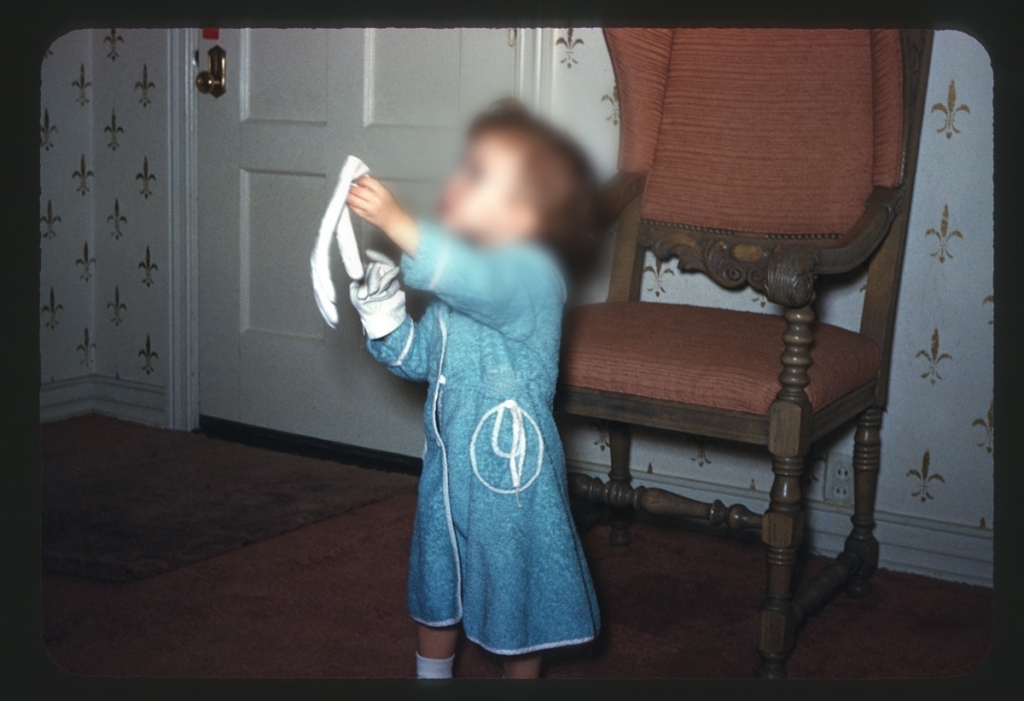
Emily Anderson: Amanda, we know each other from grad school, a place where people get to know each other intensely, but not necessarily personally. After reading Two Memoirs: An Auto+Biography, I feel like I know you better, personally. Does it creep you out—the idea of readers feeling like they know you, or know you differently? Can you comment on risk, vulnerability, and self-presentation?
Hah! I think it does creep me out! Mostly because I seriously cringe at all the self-aggrandizing that is so part and parcel of autobiography. This comes from my experience of my mother’s “self-presentation” I’m sure—much of the book focuses on her self-mythologizing, the mythology of her white colonial ancestry, histories in our blood that are extremely problematic. I have no intention of continuing that mythology. I was always interested in how that mythology intersected with a low-income, pretty feminist, single mother like mine. There’s no real risk of vulnerability available in the kinds of stories my mother used to tell—they are all about asserting a kind classist (and implicitly racist) dominance. But there was always a throughline in my mother’s stories, and that was the women in our family. They always seemed to be quietly suffering in the wings (my mother would say something like that “in the wings”).
Two Memoirs reminds me so much of one of my favorite books—Virginia Woolf’s Orlando. Woolf’s fictitious biography is also a history of English literature. The selves that appear in your Auto-Biography, like Orlando, emerge from history, from the “royal” history of America—first colonial America, later Hollywood.
In other words, I knew you were from L.A., but I had no idea what it could mean to be from L.A., how place—and a family history with that place—shaped your story. I wonder: could this also be considered a history or an ethnography? Can you talk a little about genre, and/or other works that were touchstones for you while you were writing?
My family has always been on the fringes of what you’re calling the “royal” history (my mother would kill me for saying that!). It seems to me they were always almost a huge part of American history.
So there’s a Forrest Gump quality to my mother’s story, in that it lends itself to an animation of history/a history of history. Though my mother would prefer, in the book and in life, to focus on what she sees as the glamour (being there when TV started, her parents’ celebrity friends, our colonial ancestors), I think the real value in her story is all the bad people doing bad things—a single mother smoking pot with her daughter while watching 9/11 unfold on the news, losing money and trying to put food on the table any way she could and enjoy it (selling lighters rolled in glitter), clinging to so many American ideals tied to money and fame. I wanted to capture the beauty and intimacy and desire to live in all this, this which on the surface is so ugly and wrong by normative standards—and yet also get at how that desire for pleasure in the now (so in self-help fashion) is an operational requirement of so many systems of power, creating this endless, terribly sad loop of desire.
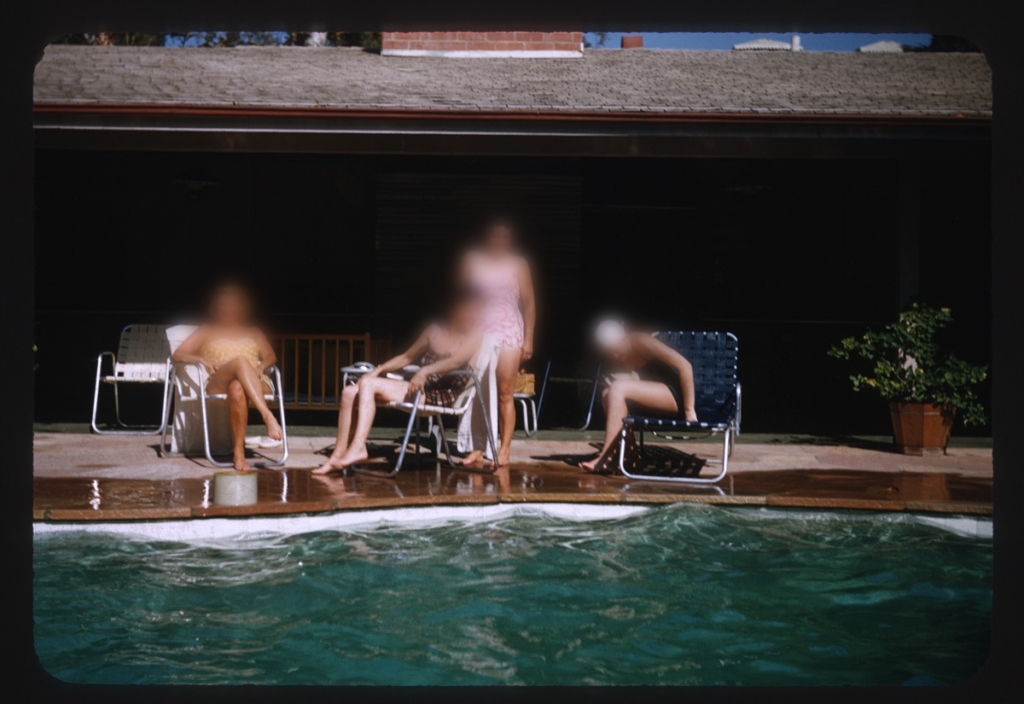
That almost-being, that waiting-in-the-wings you describe makes me think of the form of your book: text and footnotes. This is a really challenging form because it can be easy to spin off into digression after digression. But your memoir is not Tristram Shandy. On a technical level: did anything help you while you were writing/editing to keep a forward momentum and not infinitely spiral? I’m asking because personally, I struggle with this and I need help.
I’m so glad it’s not Tristram Shandy! But I think most of the writing of this book was a complete spiral! My mother’s story (and her mother’s and her mother’s mother’s) and my story have always merged, so there’s a lot of our voices moving in and out of one another, a lot of the desperation and resentment and defensiveness of teenage girlhood, a lot of that young anger at the mother for being a woman in a world that hates women (the horror!)—that awful mother-daughter tug of war folding in with the awful tug of war of between truth and fiction.
If there was momentum it was a pursuit of my mother’s truth, a real desire to understand her—and possibly to find a way to own her. I think memory has everything to do with ownership. My mother was always confusing stories about my sister and me, and it felt like such a betrayal because it’s like she was taking away part of my body. But for her, being right was also about claiming as a mother a certain intimacy with our bodies that not even we could have! Especially in the mother-daughter dyad, storytelling seems to be a battlefield for ownership of the self, the body, history/memory, sexuality and violation. Sometimes a plea for intimacy and sometimes a huge blockade against it.
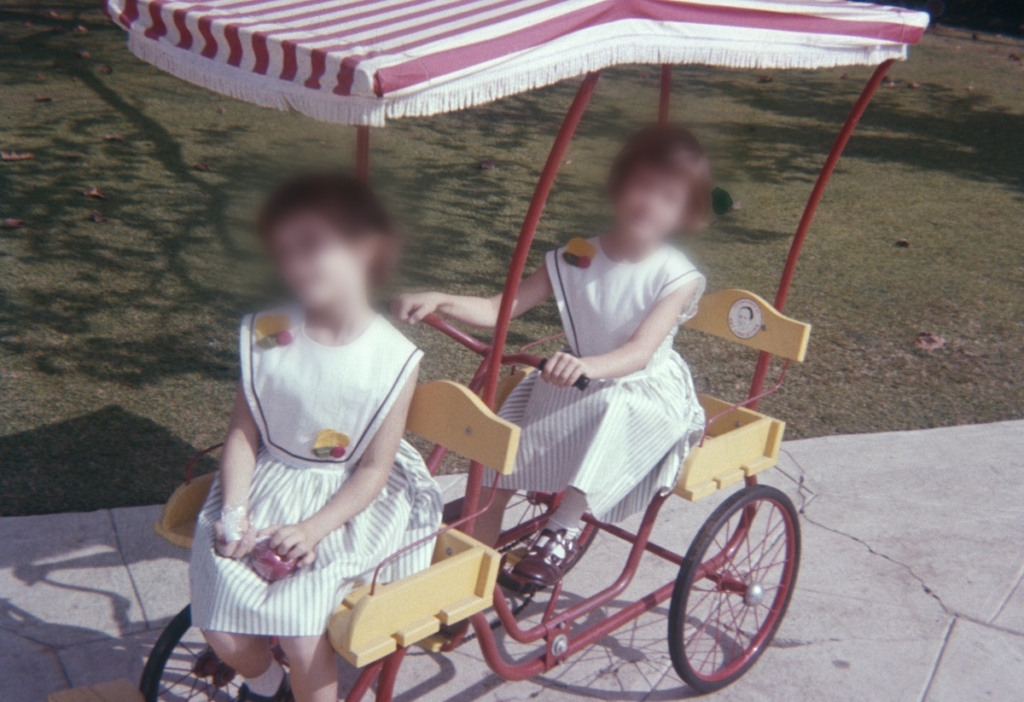
I think the “almost-being”s very quickly wind up as central parts of a familial or personal narrative because certain versions of the truth offer particular points of ownership, such that we are ultimately unable to locate what our bodies actually experienced, saw, felt, said over the years. And again, I think this is particularly true for women, who are forever caught in the lies of femininity, motherhood, sexuality, etc.
So, actually, I take it back. Given that a lot of my mother’s voice in this book was culled from her own writings and our conversations, but adulterated by me, if there was momentum it was a desire to write a heartfelt apology: for being cruel, for not understanding how difficult it is to be a woman and a single mother, for the losses and pains and loneliness she suffered, for all the years she spent trying to care for herself and her family and shitty men that she wanted love from and clients in Hollywood, for writing about her, for not doing her or her life justice in my writing. I think I’d rather remember it that way.
You tell a couple of stories about your mother’s abortion. Why is abortion an important part of this memoir? What is the relationship of abortion storytelling to storytelling itself?
Between my mother and I abortion storytelling was very open. I felt as a young girl she was telling me stories she shouldn’t, but I now realize how important those stories are, and how important it is for mothers to speak honestly to their daughters about their bodies and their bodies’ histories. That’s the kind of intimacy I’m referring to. Though these were stories we never told anyone else and I think for women storytelling is always this way—it’s always about lying or fabricating or omitting, we’re never sure what the “true” story of our body is. We perform acts of care for others rather than ourselves when we do this—but I don’t mean that in a nostalgic way. It’s a violence we perform on ourselves because we’ve so internalized a culture that believes in all aspects our bodies are not our own.
Because of this, I think there is also a kind of karmic blame women imagine in relation to abortion—at least, I know this to be true for the previous generations of women in my family. The narrative of the bad mother, the bad woman, runs so deep that those of us who have had abortions become convinced we will be punished by some god. As feminists we can say that’s absurd, but many of us also continue to punish ourselves, living in fear of our past. This is why abortion storytelling is so important—we need to tell the stories of our bodies and we need to be able to do so without guilt or shame.
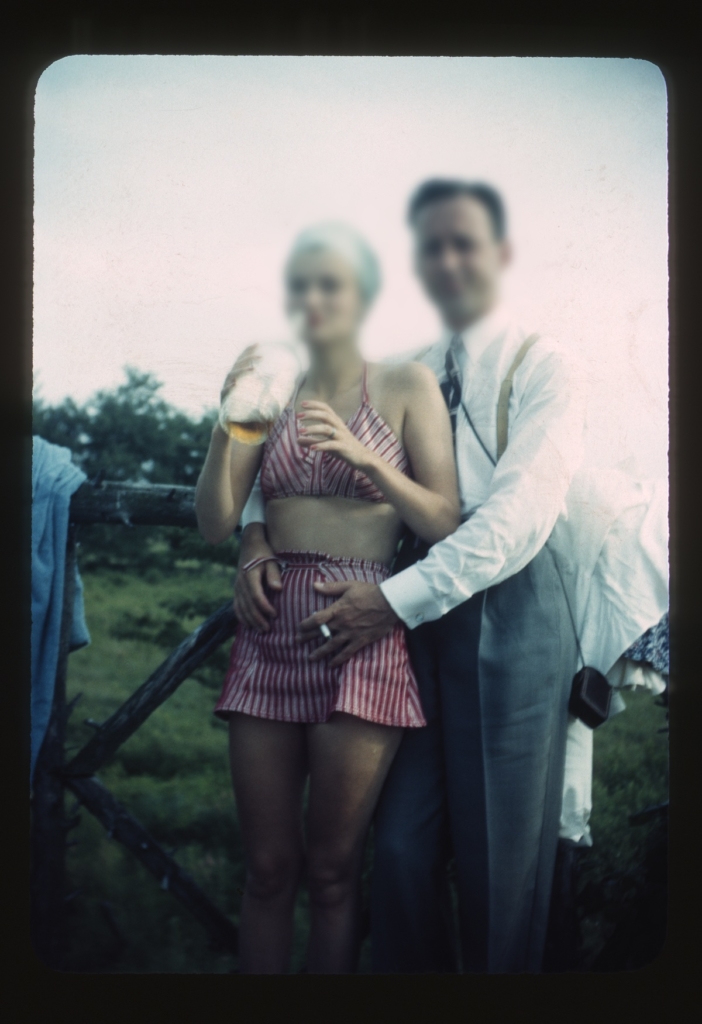
Part of the reason I feel that I know you better after Two Memoirs is the precise mis-en-scene you re-create through specific details. This makes me wonder: do we recognize the authentic self as warehouse for lost things, for pink plastic ice cubes from the 1990s? How do domestic objects contribute to a gendered selfhood? Did your process of writing allow you to see the self, or yourself, differently?
Yes, yes, thank you capitalism. When I first started writing this book it was organized around things, but then I realized that the things my mother valued most were homes, primarily because she never had a real home, and neither did I. That’s a little American illusion, the home. My mother always wanted “a plot of land.” She always wanted to hold onto hierlooms. I never understood that. But obviously the pressure to acquire a domestic history is a strong one for women. I came to understand that her need to for things of the home, to have things just so, had more to do with an inability to name or understand home or family (two things she wanted so badly but never had in the normative sense) in any other way.
It’s very easy (and incredibly important) for us to say that the domestic and the nuclear family are concepts that are damaging for women (and others that don’t fit snugly into these constructions). But it’s another thing to continue to love people who want these things so badly it breaks them. For women, I think this is often the case. We have deep investments in so many things that don’t love us back.
I like that way of thinking about cultural change. “How do we continue to love people who want” to be part of messed-up and damaging narratives, like the consumerist narrative of “a home,” seems to be a really crucial question for our divided cultural moment. I think your memoir can show us how smaller, family narratives can create closeness. You’ve just had a baby, so I wonder how you will approach family stories with your child. Any thoughts?
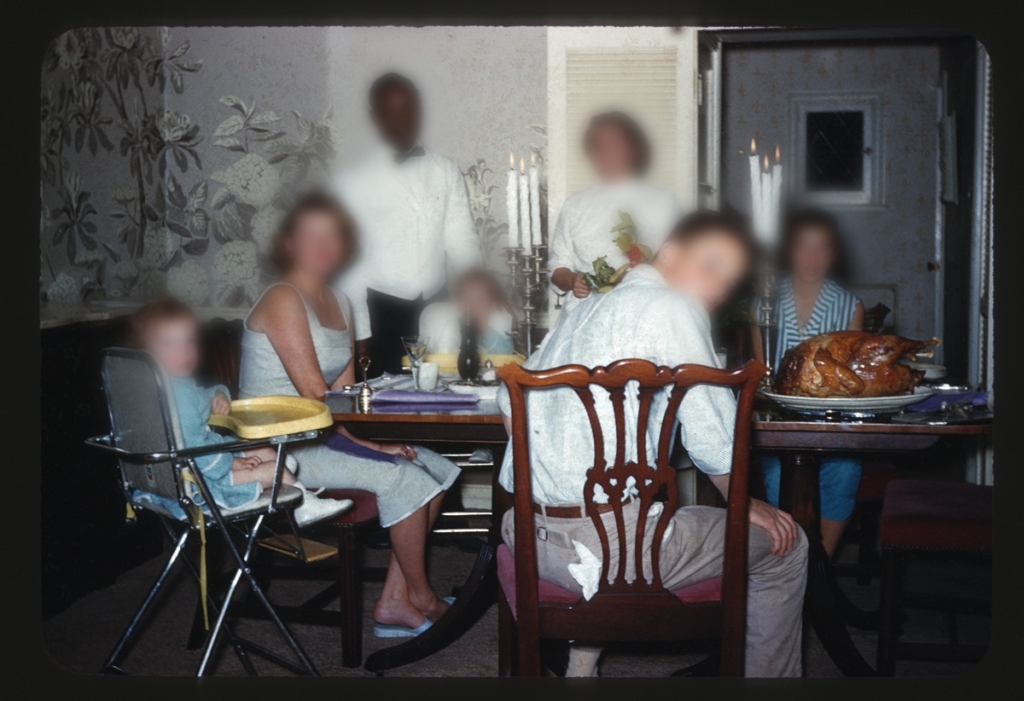
Oh, so many! My daughter is so little, but already she sits on my lap and I tell her stories. Stories about the day, stories from and about books, stories about other people, stories about how to treat and love and care for other people and herself, stories about how I see her. Stories about how her body works! It’s terrifying! So many toxic narratives especially for young girls. But narrative is a gathering place and it persists. I like to think it can also offer a new way to account for the self and the world—it can gather us in different forms and undo rather than produce. There are stories I can tell my daughter that her father never can that have nothing to do with family history and everything to do with my mother.
And I think part of what I was trying to do writing this book is consider how my mother’s stories, even the most toxic ones, were attempts to gather herself around something she could love. And how she wanted to gift them to me. They just weren’t a gift I wanted (she always bought me gifts that were not my style!). Or at least not in the way they were presented. I wanted to understand how the sadness and the sort of pathetic attachment to myth that I saw in the women in my family might actually be a different kind or strength or love or yearning—a really amazing desire for intimacy as you say.
I hope I can share that intimacy with my daughter.
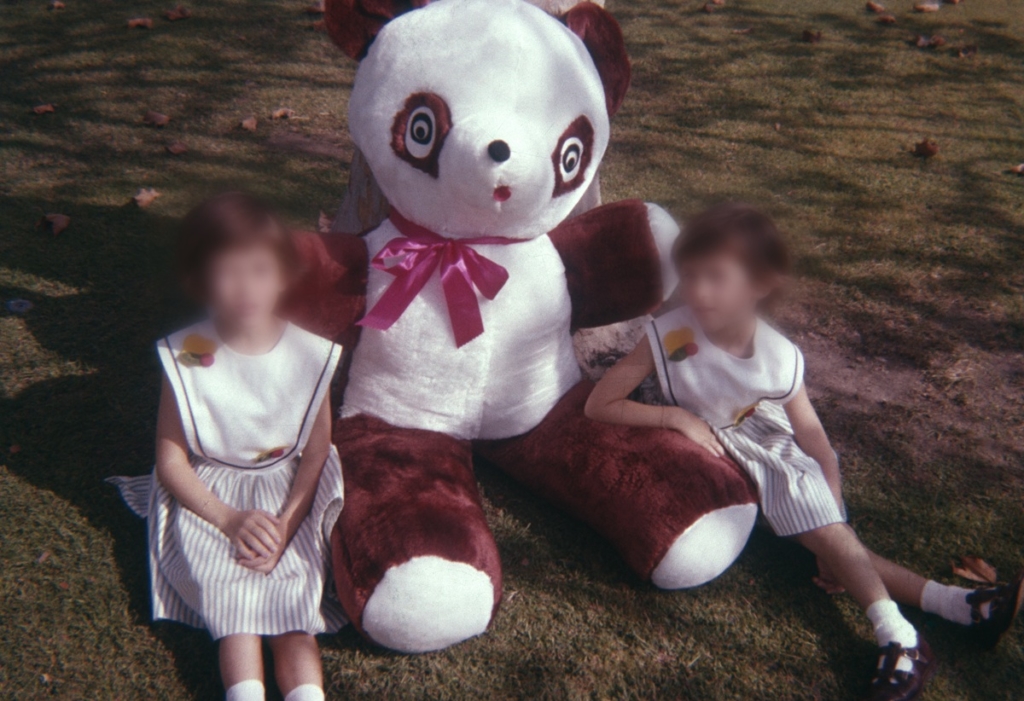
In addition to Two Memoirs, Amanda Montei is the author of The Failure Age. Emily Anderson is the author of Little: Novels . They are both PhD candidates in English at the University at Buffalo.
This post may contain affiliate links.







